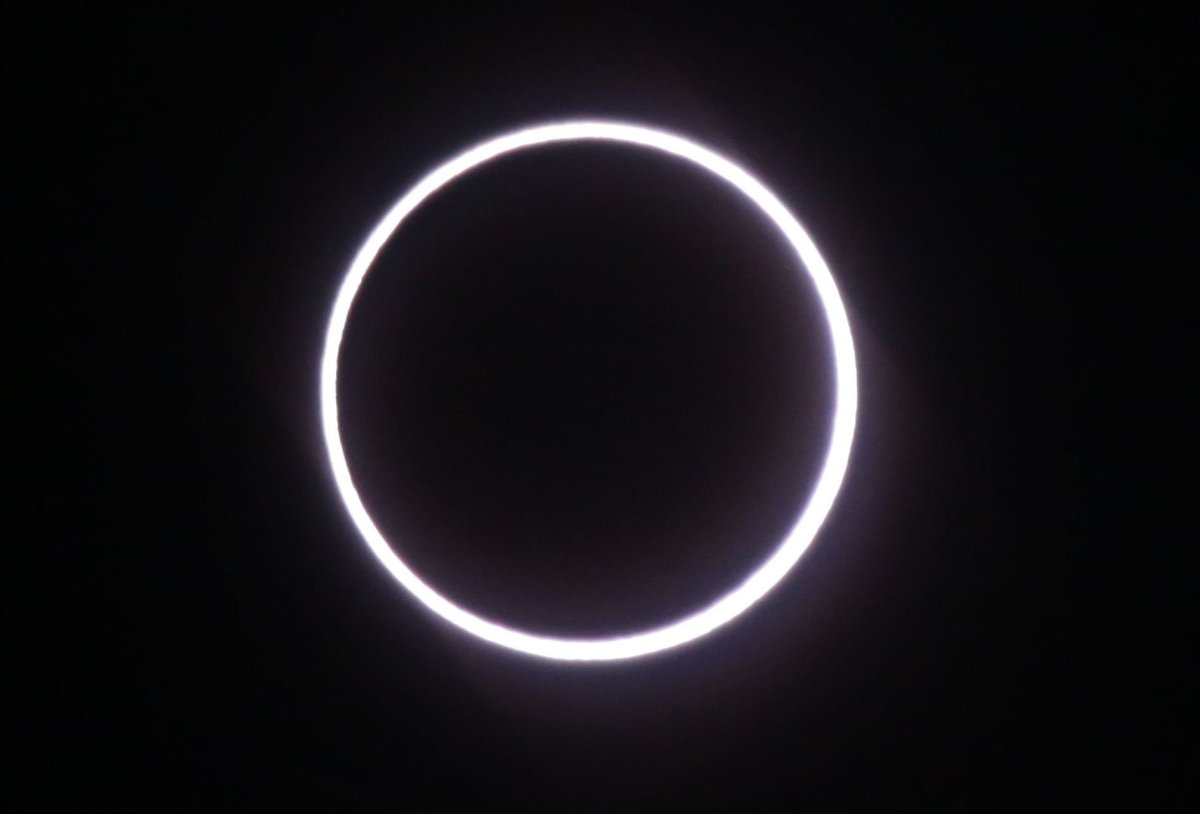
The Great American Eclipse will pass through 14 states as it makes its way across the continental United States, marking the first time the moon has blocked the sun from coast to coast in more than 100 years.
A narrow corridor of 70 miles from Oregon to South Carolina is where you can see the total solar eclipse, where the moon will completely block the sun for a few minutes. However, for hundreds of miles around the corridor, a partial eclipse will also be on view.
In Oregon, the first state to be plunged into darkness, the solar eclipse will begin at 9:05 a.m. local time as the moon creeps in front of the sun. The sun will be completely blocked by the moon around 10:16 a.m. The total eclipse will end near Charleston, South Carolina, at 2:48 p.m. local time.
According to NASA, it will take an hour and a half for the solar eclipse to cross through Oregon, Idaho, Wyoming, Montana, Nebraska, Iowa, Kansas, Missouri, Illinois, Kentucky, Tennessee, Georgia, North Carolina and South Carolina. The best point to observe the eclipse, or the point where there will be the longest period of darkness, will be in Carbondale, Illinois, where the sun will be completely covered for two minutes and 40 seconds.

NASA has outlined when the total eclipse will take place in a number of eclipse hot spots, areas where skygazers are flocking to watch the solar event.
Here is the start time of the total eclipse in local time:
Cloud coverage and possible thunderstorms could spoil the views for some. The National Weather Service is predicting the best weather conditions for the eclipse in Oregon.
Uncommon Knowledge
Newsweek is committed to challenging conventional wisdom and finding connections in the search for common ground.
Newsweek is committed to challenging conventional wisdom and finding connections in the search for common ground.
About the writer
Callum Paton is a staff writer at Newsweek specializing in North Africa and the Middle East. He has worked freelance ... Read more
To read how Newsweek uses AI as a newsroom tool, Click here.








